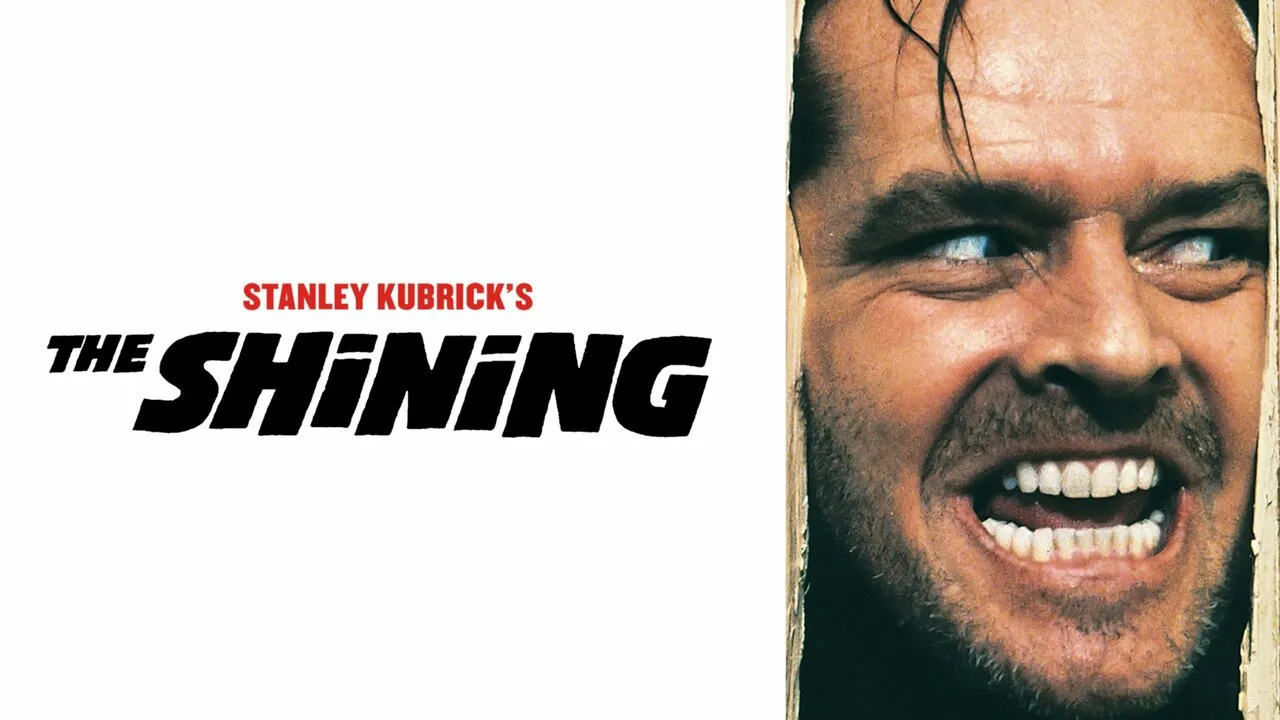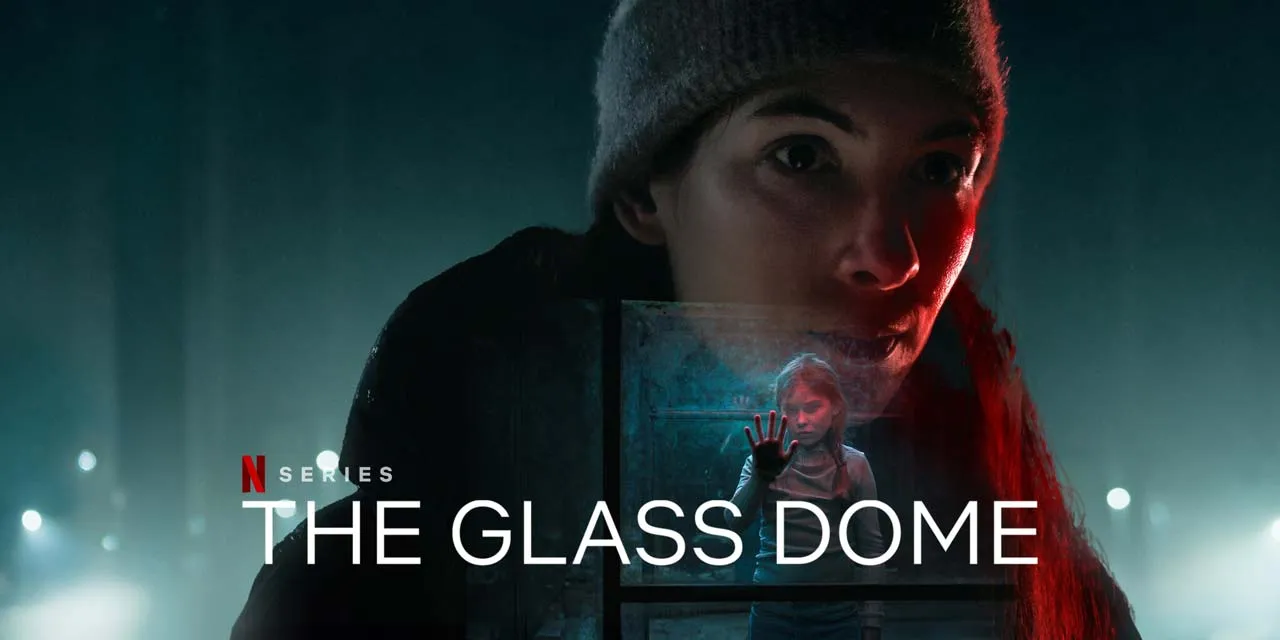Directed and written by Frédéric Petitjean, Cold Blood (2019) is a minimalist crime thriller that attempts to blend the isolated moodiness of a neo-noir with the icy aesthetics of a survival drama. Starring Jean Reno as a retired hitman forced to make a choice between isolation and compassion, the film moves at a meditative pace, focusing more on quiet tension than explosive action.
Set against a stunning snowy backdrop and filled with long silences, Cold Blood explores themes of guilt, morality, and redemption — though its ambitions sometimes fall short of its potential.
Jean Reno plays Henry, a legendary but now-retired contract killer who lives alone in a remote cabin by a frozen lake somewhere in the northern wilderness. He spends his days in silence, fishing, walking through snow, and staying hidden from a world he has left behind.
One day, that solitude is shattered when he finds a severely injured young woman, Melody (Sarah Lind), barely alive in the snow near his cabin after a snowmobile crash. Despite knowing that helping her could compromise his anonymity and safety, Henry decides to take her in and nurse her back to health.
What begins as an act of reluctant compassion becomes something more complicated. Melody isn’t just a lost traveler — she has secrets of her own, and the law isn’t far behind. At the same time, a subplot involving a police investigation unfolds in the background, as a detective searches for answers to a mysterious disappearance.
As the narrative progresses, the viewer must begin to question: who’s really innocent here? Is Henry trying to redeem himself? And is Melody truly a victim — or is there more to her story?
The central theme of Cold Blood is redemption. Henry is a man haunted by his past, living in isolation not just for survival, but as a kind of self-imposed punishment. He’s a killer by trade, but one who follows a personal code — and helping Melody may be his attempt at a final good deed.
The film also explores moral ambiguity. Neither Henry nor Melody is truly innocent, and their actions are colored by past trauma, desperation, and survival. The wilderness setting mirrors their emotional states: frozen, isolated, and fragile.
Another undercurrent is the cost of violence. Unlike many assassin thrillers that glamorize killing, Cold Blood takes a slower, more reflective approach. It isn’t about stylish shootouts; it’s about the psychological toll of taking lives — and trying to live with the consequences.
Visually, Cold Blood is striking. The cinematography, with sweeping shots of frozen forests, endless white landscapes, and icy lakes, creates an atmosphere of isolation and dread. The snow isn’t just a setting — it’s a metaphor for emotional coldness, secrets buried beneath the surface, and the quiet danger that lurks in stillness.
Director Petitjean shows restraint in how he uses violence. There are few action scenes, and they’re brief and unglamorous — more about survival than spectacle. This subtlety is admirable but might leave action fans unsatisfied.
Jean Reno, best known for his roles in Léon: The Professional and Ronin, brings a weary gravitas to Henry. His performance is largely non-verbal, communicating through tired eyes, body language, and silences. He plays Henry not as a cold killer, but as a man who has become a ghost, disconnected from the world yet not immune to its suffering.

Sarah Lind does a capable job as Melody, playing both vulnerability and hidden edge. As her secrets unfold, Lind balances innocence and suspicion well — though the script gives her limited room for development.
The supporting cast, including Joe Anderson as a detective, adds functional tension, but none of them are given enough screen time to fully come to life.
One of the most divisive elements of Cold Blood is its deliberate pacing. The film moves slowly — sometimes frustratingly so — and spends long stretches without dialogue or significant plot movement. This can create mood and atmosphere, but also risks boring audiences expecting a more conventional thriller.
The script often feels undercooked. There’s not enough depth to the characters or their relationships, and subplots (like the police investigation) feel disjointed and underdeveloped. It’s a film that hints at deeper complexity, but doesn’t fully deliver on it.

Critics were divided, with some praising its tone and restraint, while others found it dull and uneventful. The result is a film that feels more like a short story stretched to feature length, relying heavily on atmosphere and Reno’s presence to carry it.
Cold Blood (2019) isn’t a standard action film — and it doesn’t want to be. It’s a quiet meditation on guilt, aging, and choosing the right thing at the wrong time. Its ambition lies not in body counts, but in emotional stillness.
That said, its slow pace and minimal plot may alienate viewers expecting suspense or intensity. For fans of Jean Reno, or for those who appreciate minimalist thrillers with icy beauty and moral nuance, Cold Blood offers something different — a thriller where silence speaks louder than gunfire.




-1751517724-q80.webp)
